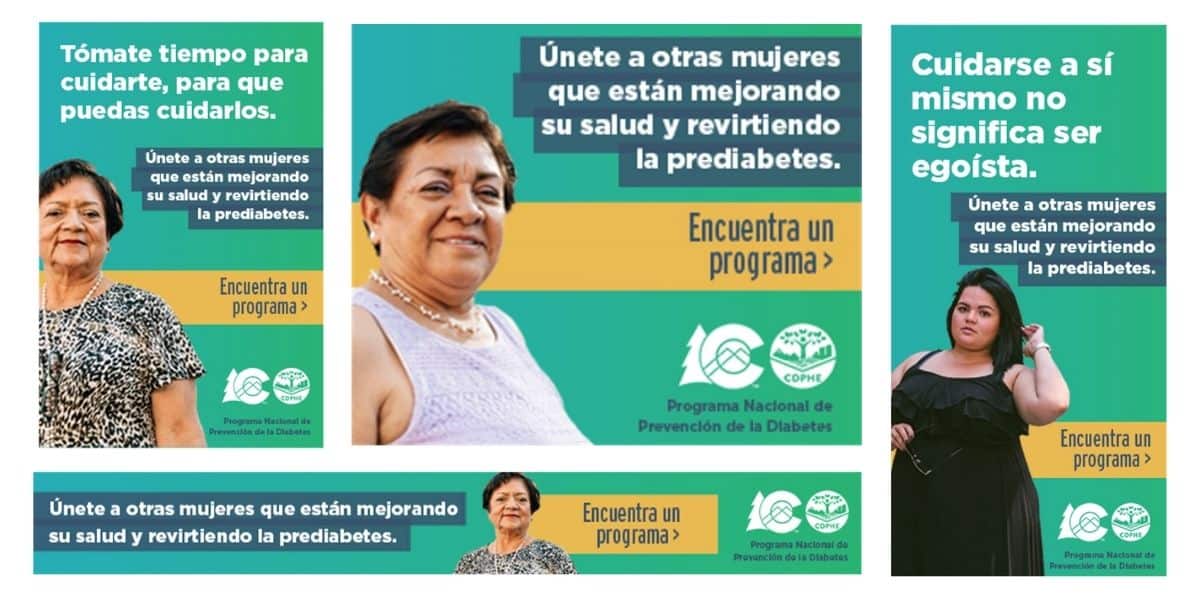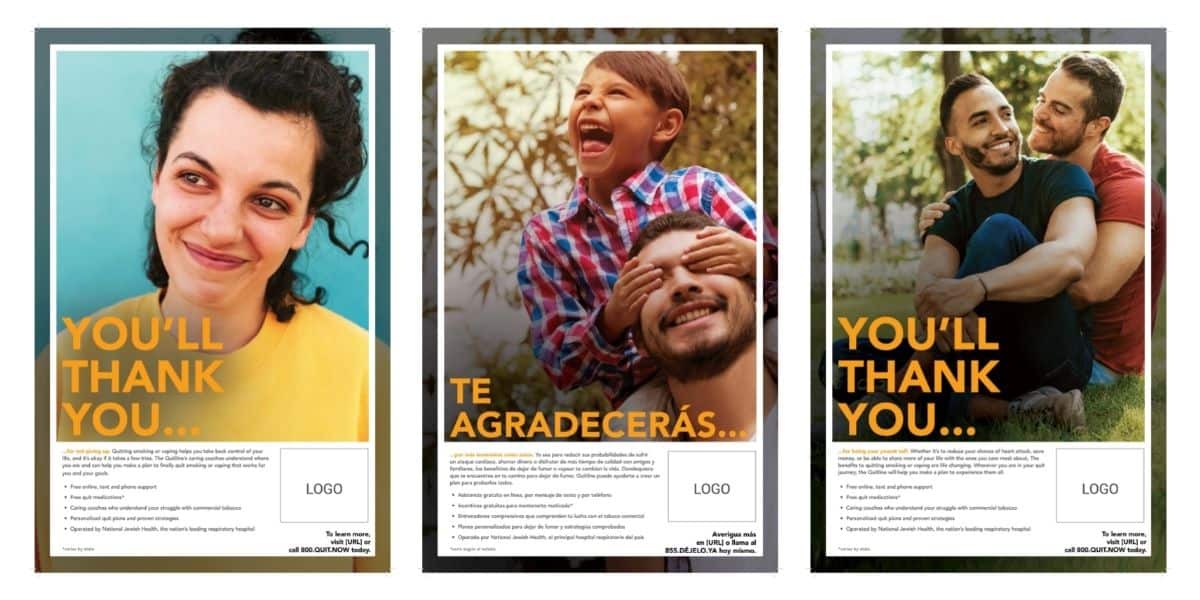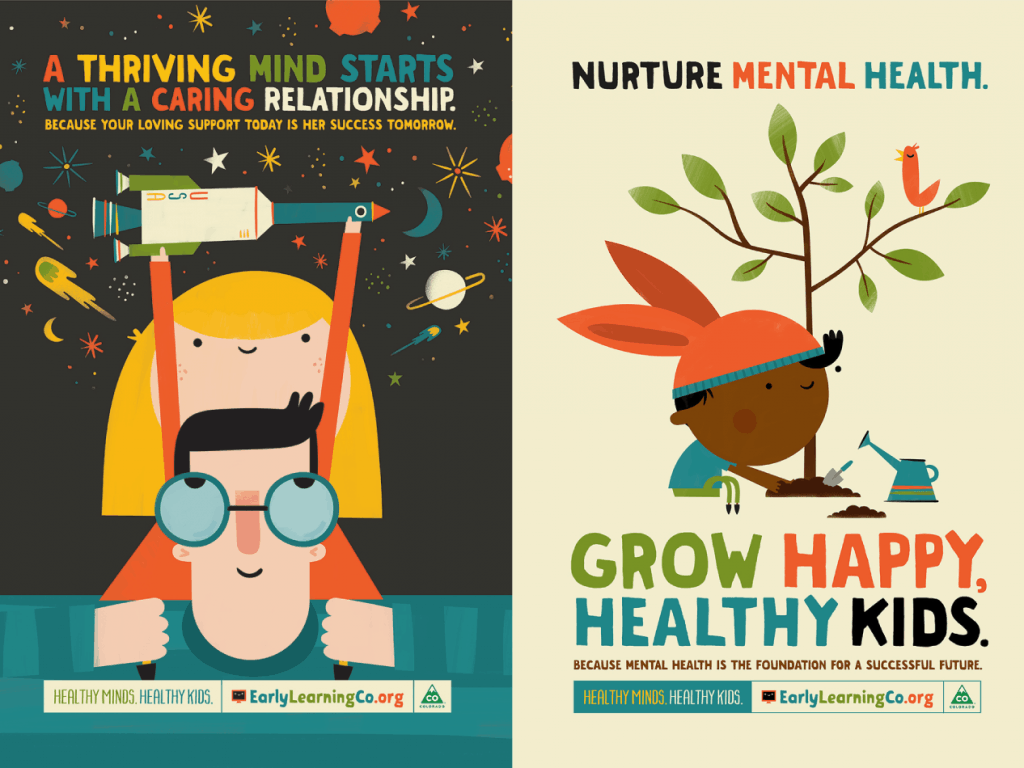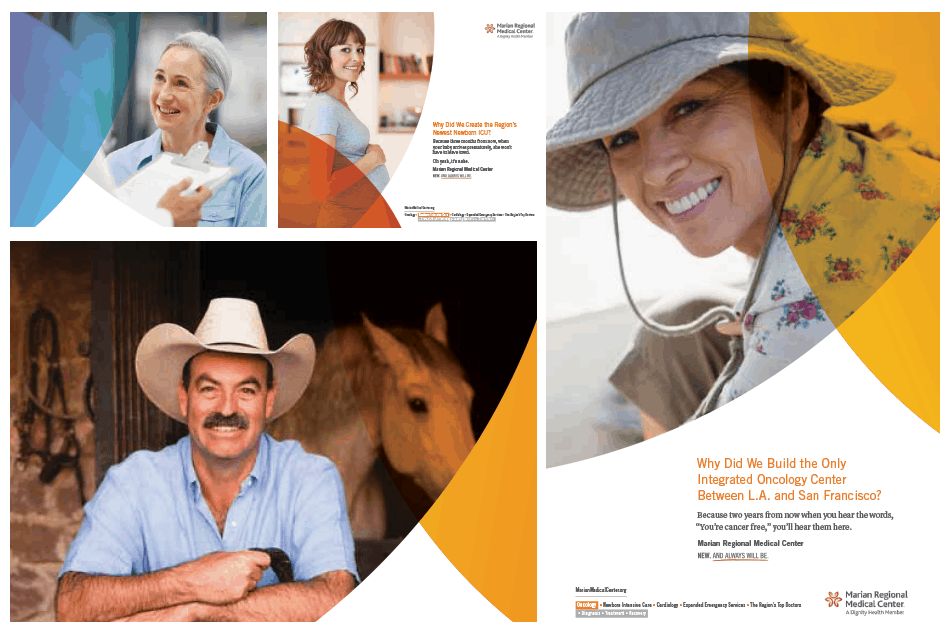By Evyn Batie
A girl stands on a platform with two boys on her sides. She faces a group of peers who stand in a straight line facing her and she begins to sing in a language I don’t recognize.
She finishes her song and then begins to yell out commands for a game of Red Light, Green Light. It takes me longer than it should to realize what’s happening. I watch, slightly confused and then alarmed, as the boys start yelling “PEW PEW” and the line of kids running at them begins falling down “dead.”
“Absolutely not!”
My shout ends the game, for now, and I gather my students, aged 6 to 11, for a conversation about appropriate games and how their re-enactment of “Squid Game,” the series about a deadly survival game, is not one.
After a year of working as a program lead for an after-school youth program, this conversation is one I’ve grown used to. The young children’s love for horror ranges from “Five Nights At Freddy’s,” a violent survival game where the player is attacked by murderous Chuck E. Cheese-style animatronics, to creepypasta, horror-focused internet urban legends. I often wonder what this exposure to horror and violence means for their future worldview.
There are three major factors at play as we as a society watch our children grow:
- Whether violent media leads to an increase in violence
- How COVID took away children’s ability to socialize
- How social media impacts how children interact with the world
Studies have explored for years whether violent media increases violence in children. While these studies have shown that media violence doesn’t necessarily promote violence, it has been proven to increase aggressiveness. These acts of aggression, coupled with children who, due to pandemic restrictions, have been undersocialized, will likely become an increasing problem in upcoming years.
A Forbes article reminds everyone to expect changes in children’s behavior because many lost formative education years. Children who lost preschool or early elementary education to online education and COVID precautions are not as equipped to socialize with their peers in healthy or functional ways.
So now we have a group of children more prone to aggression and more likely to lack empathy. Then we add in social media.
Social media gives all of us a platform to display our thoughts and feelings and online anonymity has proven a powerful contributor to problematic behavior — even for adults.
And for children, who mimic behavior to find themselves, this platform becomes a battleground for escalating dangerous behaviors and tendencies. YouTube is often left unmonitored by parents who trust their children to search for safe content. TikTok makes trends out of destruction; topics like defacing public property become hashtags.
So how do we as a society raise children as they are in the world as it is?
Do we take their devices and demand they make some friends?
Do we track all of their behaviors?
While no one really knows the answer, I am not an advocate for simply monitoring your children’s internet history. In my experience, it just makes them sneakier.
Rather, I am an advocate for open, honest, age-appropriate conversations. The best thing you can do to help your child is to talk with them. Discover their interests, watch videos with them, ask them about the movies and shows their friends like or that they hear about at school. This openness carries over to other hard conversations in the future. This connection is how to show your child you care.
“Hey Evyn, will you draw Huggy Wuggy for me?” A seven-year-old girl approaches me, shyly, during art time. I ask her to show me a picture and we do a quick internet search. I am expecting a cutesy cartoon character. I am greeted by a furry blue monster with red lips and a mouth full of razor-sharp teeth, dripping with blood.
I tell her no and ask if we can look for different drawing ideas instead. Together.
Evyn Batie is a college senior and youth advisor for SE2. Evyn is also employed with a non-profit after-school program.





